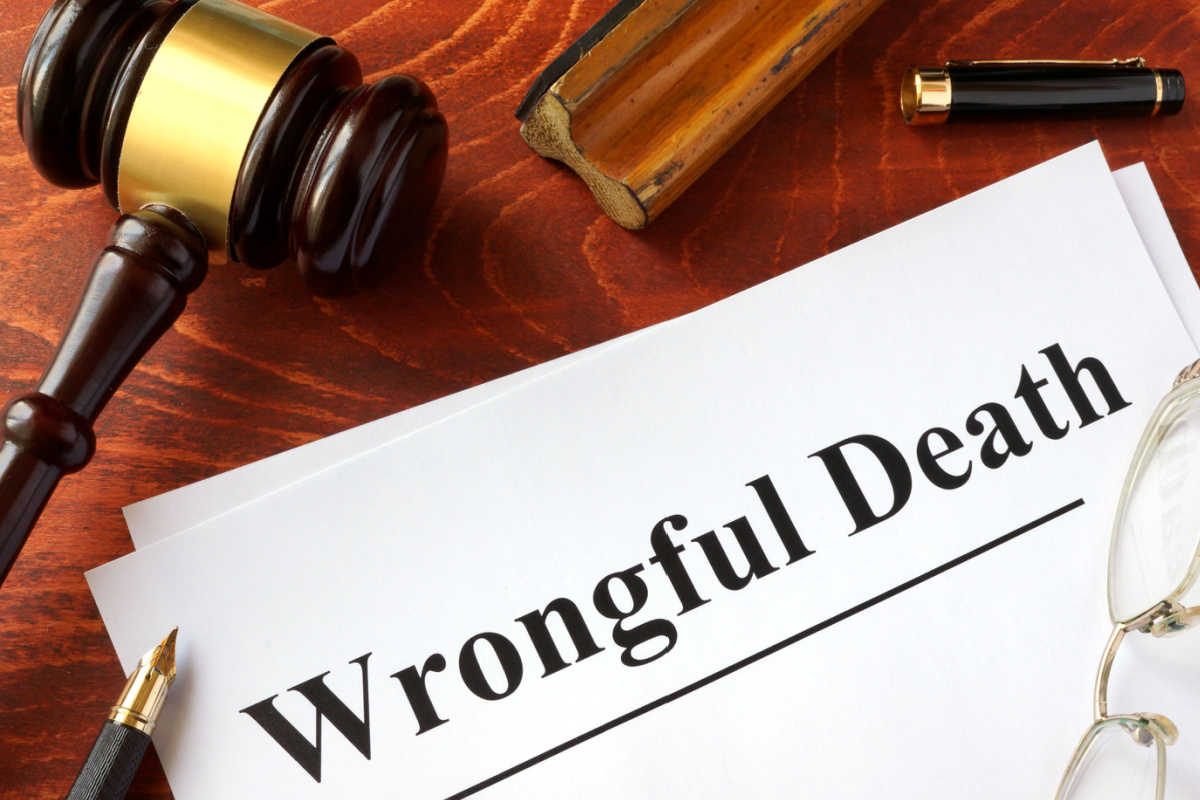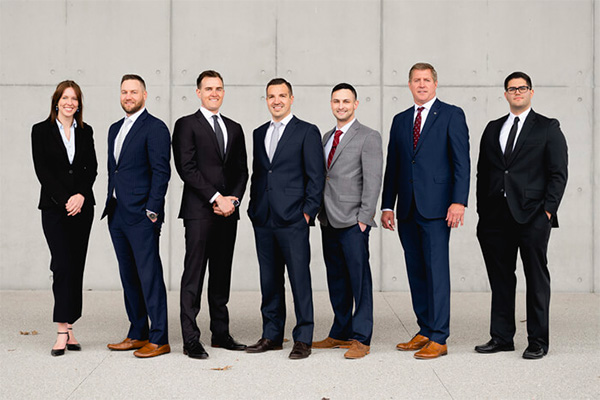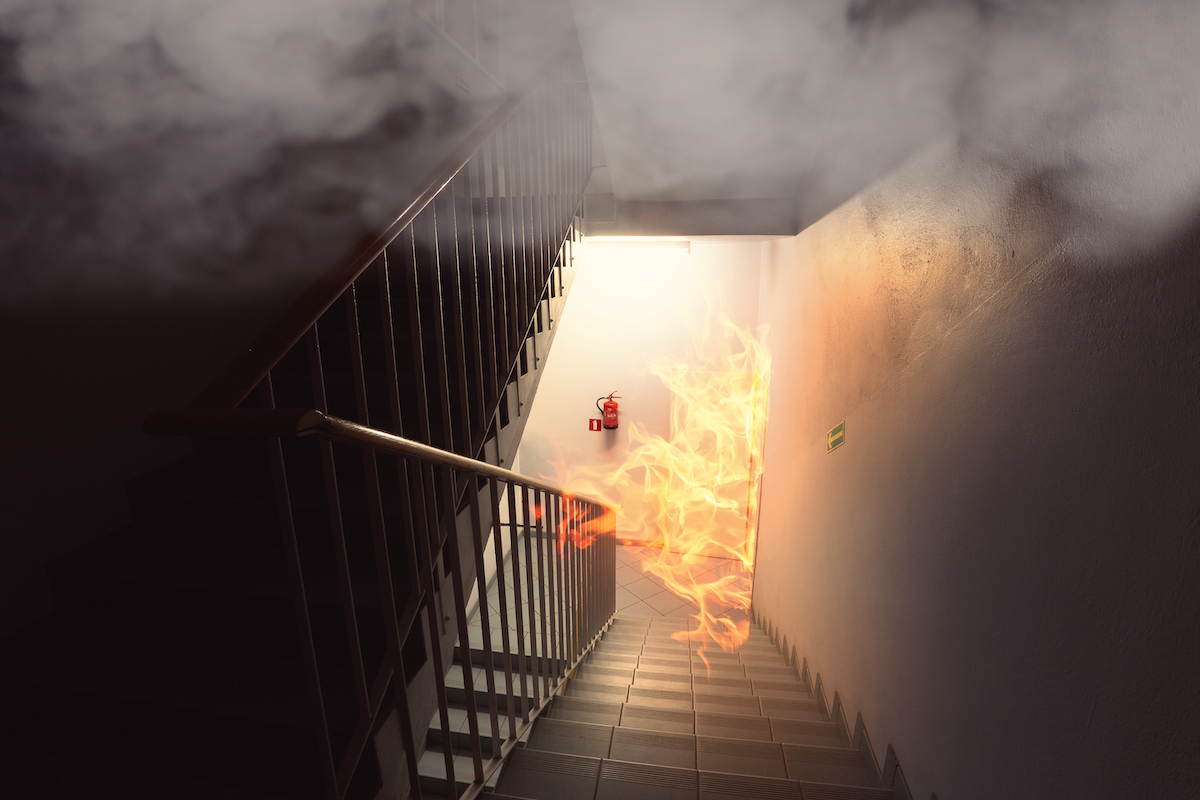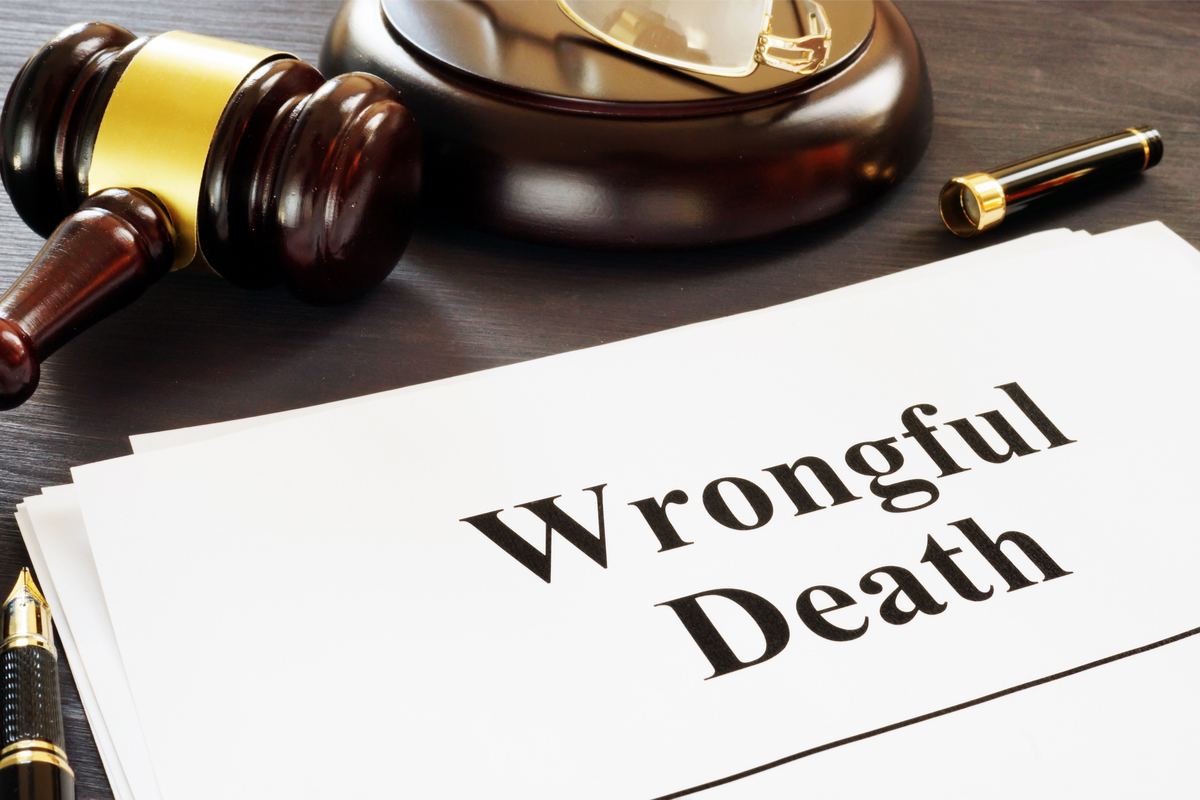
Attorney at Mueller, Schmidt, Mulholland & Cooling
Practice Areas: Immigration Law

A tragic drowning at Adventureland prompts a hard look at Iowa’s wrongful death laws. Who can file a suit, what damages are available, and how liability is established when negligence leads to death?
Damage Types
| Type | Compensates For | Example | Purpose |
| Economic | Financial losses | Lost income, medical/funeral costs | Provide financial stability to dependents |
| Non-economic | Intangible losses | Pain/suffering, loss of companionship | Acknowledge the depth of loss |
| Punitive | Egregious behavior by the defendant | When actions show disregard for safety | Deter similar conduct in the future |
Who Can File a Wrongful Death Lawsuit in Iowa and What Damages Can They Recover?
In Iowa, only certain family members and dependents of the deceased have the legal right to file a wrongful death lawsuit. These individuals may be able to recover economic damages like lost income and funeral costs, non-economic damages for intangible losses, and in some cases, punitive damages if the defendant’s conduct was sufficiently egregious. Lawsuits must be filed within two years from the date of death.
The Adventureland Amusement Park in Altoona was the site of a tragedy in June of last year, when an 11 year-old boy drowned on the Raging River ride after his family’s raft flipped over. The family filed a wrongful death lawsuit against the park, claiming the park staff were negligent in ensuring the safety of the ride and failing to respond to their cries for help.
Wrongful death is a legal term used to describe a situation where a person’s death is caused by the wrongful act or neglect of another. The basic concept hinges on accountability.
- If someone’s actions, whether intentional or unintentionally negligent, lead to another person’s death, Iowa’s wrongful death laws allow for legal action to be taken.
- It’s important to note that this is a civil matter, separate from any criminal charges that might be applicable.
- The purpose of a wrongful death claim is not to punish the guilty party, but to provide financial relief to those affected by the loss, typically the deceased person’s family or dependents.
Eligibility for Filing a Wrongful Death Lawsuit in Iowa: Who Has the Right?
In Iowa, the right to file a wrongful death lawsuit isn’t granted to just anyone.
- The law carefully outlines who can take on this responsibility. It’s typically the executor or administrator of the deceased person’s estate who initiates the lawsuit.
- This person is often named in the deceased’s will or estate plan.
However, if no such person has been designated, the court can appoint someone.
- The damages recovered in these lawsuits are intended to benefit the deceased’s family or dependents. This could include spouses, children, parents, or others who were financially or emotionally dependent on the deceased.
- The law thus ensures that those most affected by the loss are protected and assisted.
Exploring the Types of Damages Available in Wrongful Death Lawsuits
When a wrongful death lawsuit is successful in Iowa, the awarded damages generally fall into three categories.
- First, there are economic damages, which cover quantifiable losses like lost wages, medical expenses, and funeral costs.
- Second, non-economic damages consider more abstract losses, like pain and suffering, loss of companionship, and loss of guidance for children.
- Lastly, punitive damages might be awarded in cases where the defendant’s behavior was especially egregious or reckless.
It’s important to note that these damages aim not only to compensate the bereaved for their loss, but also to deter such conduct in the future, fostering a safer community for all.
Get Your Free Consultation Now!
Navigating the Complex Path of Economic Damages in Wrongful Death Claims
Economic damages in wrongful death claims can be a complicated matter. They’re intended to compensate for the financial losses associated with the death of a loved one. Such damages typically include:
- The deceased’s expected future earnings and benefits that are now lost due to their premature death.
- Medical expenses incurred prior to death and funeral costs can also be recovered.
- If the deceased was a homemaker, the economic value of their contributions, like childcare and housekeeping, may also be considered.
While it’s challenging to put a monetary value on a life, the aim of economic damages is to provide financial stability to the deceased’s dependents, helping to secure their future in the wake of loss.
Non-economic Damages in Iowa’s Wrongful Death Laws: What They Mean for You
Non-economic damages in wrongful death claims address the emotional toll that a loved one’s untimely death can bring. These damages acknowledge that the loss extends beyond just financial hardship. They compensate for:
- Pain and suffering endured by the deceased before they died
- For the loss of companionship, comfort, and guidance suffered by the survivors.
For example, children may be compensated for the loss of parental guidance and spouses for the loss of companionship.
Quantifying these intangible losses is difficult, but the law recognizes their significance. The Role of Punitive Damages in Iowa’s Wrongful Death Lawsuits
The goal is to somewhat alleviate the emotional burden on survivors, acknowledging the depth and breadth of their loss.
The Role of Punitive Damages in Iowa’s Wrongful Death Lawsuits
In some wrongful death cases in Iowa, punitive damages may come into play. Unlike economic and non-economic damages, which aim to compensate survivors for their losses, punitive damages serve a different purpose.
- They are designed to penalize the defendant for particularly reckless or egregious behavior and to discourage similar conduct in the future.
- Essentially, punitive damages are the court’s way of saying that such behavior is unacceptable and won’t be tolerated.
It’s important to note, however, that punitive damages aren’t awarded in every case.
They are only applied when the defendant’s actions were especially harmful or showed a disregard for the safety of others.
How Iowa Law Establishes the Timeline for Filing a Wrongful Death Lawsuit
In Iowa, as in every state, a wrongful death lawsuit must be filed within a specific time frame, known as the statute of limitations.
- This timeline begins from the date of the person’s death.
- For wrongful death cases in Iowa, this limitation period is generally two years.
If a lawsuit isn’t filed within this timeframe, the opportunity to pursue legal action might be forever lost.
This timeline underscores the urgency of taking action if a wrongful death is suspected. While dealing with grief, survivors must also navigate the complexities of the legal system to ensure their rights and potential compensation are not compromised by the ticking clock.
The Impact of Negligence or Misconduct: A Deep Dive into Liability in Wrongful Death Claims
This means demonstrating that the death was a direct result of another party’s negligence or misconduct.
- Negligence could be anything from a driver’s lack of attention on the road, a doctor’s medical malpractice, or a company’s failure to maintain safe conditions.
- On the other hand, misconduct refers to intentional harmful acts.
It’s vital to establish a clear connection between these actions and the death in question. The stronger this connection, the stronger the wrongful death claim. Through this process, Iowa law seeks to hold those responsible accountable and protect the rights of the deceased and their loved ones.
Understanding the Role of Expert Witnesses in an Iowa Wrongful Death Lawsuit

Expert witnesses have specialized knowledge or expertise in a specific field, which can help clarify complex aspects of a case. For instance:
- A medical expert could explain the cause of death and how it relates to the defendant’s alleged negligence.
- An economist might calculate potential future earnings, helping quantify economic damages.
- A psychologist could testify about the emotional trauma suffered by the survivors, helping establish non-economic damages.
Through their specialized insight, expert witnesses can provide clear, persuasive testimony that may greatly influence the outcome of a wrongful death lawsuit. Their role is invaluable in presenting a compelling and comprehensive case.
- When the wrongful death is suspected to be the result of a defective product, an engineering expert might be brought in to dissect the failure points of the product in question.
- Similarly, a legal expert with a deep understanding of product liability can elucidate the nuances of the law and its application to the case at hand.
- In cases where the wrongful death emanates from a vehicular accident, having an expert who knows the ins and outs of truck accident litigation can be indispensable.
Each expert witness serves as a beacon of knowledge, guiding the jury through the often murky waters of legal and technical details that pertain to wrongful death claims, ensuring that every facet of the case is thoroughly examined and understood.
If you are dealing with a wrongful death claim, contact or call us at 515-444-4000 as soon as possible for a free consultation.
Categories

Providing Unmatched EXPERIENCE On Your Case When you find yourself in a situation where you’ve been treated unfairly or you’re in the middle of a legal disagreement, it can be difficult to know what your rights are and how to proceed.







